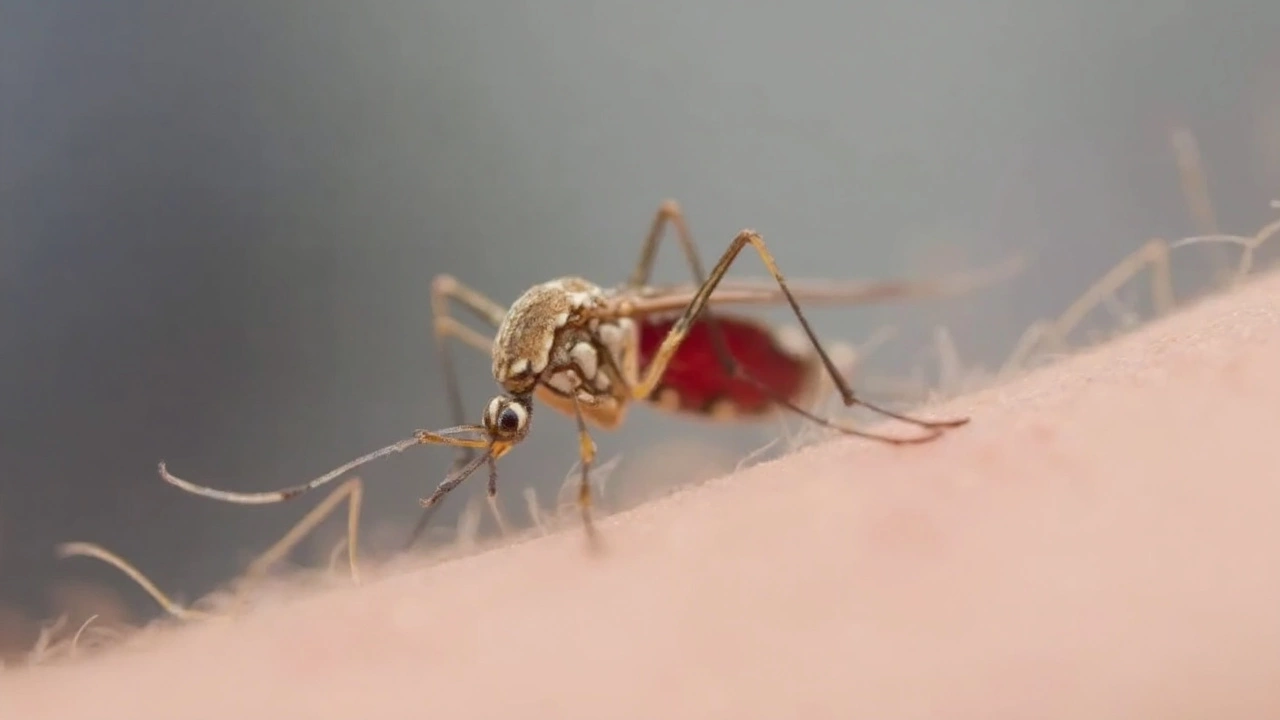West Nile Virus Found in UK Mosquitoes for the First Time
It's official: West Nile virus has been detected in mosquitoes in the UK, something scientists have always hoped wouldn't reach British shores. Testing in July 2023 flagged the presence of the virus in Aedes vexans mosquitoes gathered near the River Idle in Nottinghamshire. While no human has caught the virus so far in the UK, its mere detection in local mosquitoes marks a big change. Suddenly, a once distant disease is much closer to home.
Most people wouldn't even realize they had the virus—around 80% of cases go unnoticed. The unlucky 20% who do get sick typically experience mild symptoms that could easily be mistaken for a run-of-the-mill bug: fever, headaches, muscle aches, swollen glands, and the kind of rash that doesn’t look all that special. But a tiny group—less than 1% of those infected—can develop very serious neurological symptoms. We’re talking encephalitis, meningitis, and even paralysis. Older adults, especially those over 70 with other health issues, face the greatest risk if things turn severe.
Climate Change and Mosquitoes: A Shifting Threat
What’s changed? The short answer is the weather. Mosquitoes like warm, damp climates. Thanks to hotter British summers, mosquitoes that usually couldn’t survive now have a fighting chance. UK health officials and researchers have been watching as vector-borne diseases creep further north each year, with Europe seeing more outbreaks as climates warm. Professor James Logan from the London School of Hygiene and Tropical Medicine put it bluntly: the UK isn’t as safe from exotic diseases as we used to think. Mosquitoes act as middlemen for West Nile virus, usually picking it up from birds. Humans don't pass it on—the chain usually stops with us—but we're still at risk if bitten by an infected mosquito.
To get ahead of the problem, the UK Health Security Agency (UKHSA) wants healthcare workers to check for West Nile virus in people who show sudden neurological problems, especially if doctors can’t pin down a cause. At the moment, there’s no vaccine to protect people and no medication that specifically targets West Nile virus. Supportive care is all doctors can offer if things get serious.
Researchers like Dr Arran Folly from the Animal and Plant Health Agency say the UK is living through a period where mosquito-borne diseases are changing position and importance. It’s hard to know exactly how well these mosquitoes—and the virus—will survive long-term in Britain. But with each stretch of warm weather, the risk of local transmission goes up. Professor Paul Long from King’s College London echoes these concerns: British summers might be friendlier to mosquitoes than ever before, and that means keeping an eye out for new diseases.
This first detection of West Nile virus in UK mosquitoes isn’t cause for panic, but it’s a wake-up call. As our environment continues to shift, both the public and health authorities need to stay alert for threats we wouldn’t have worried about a decade ago.

Write a comment